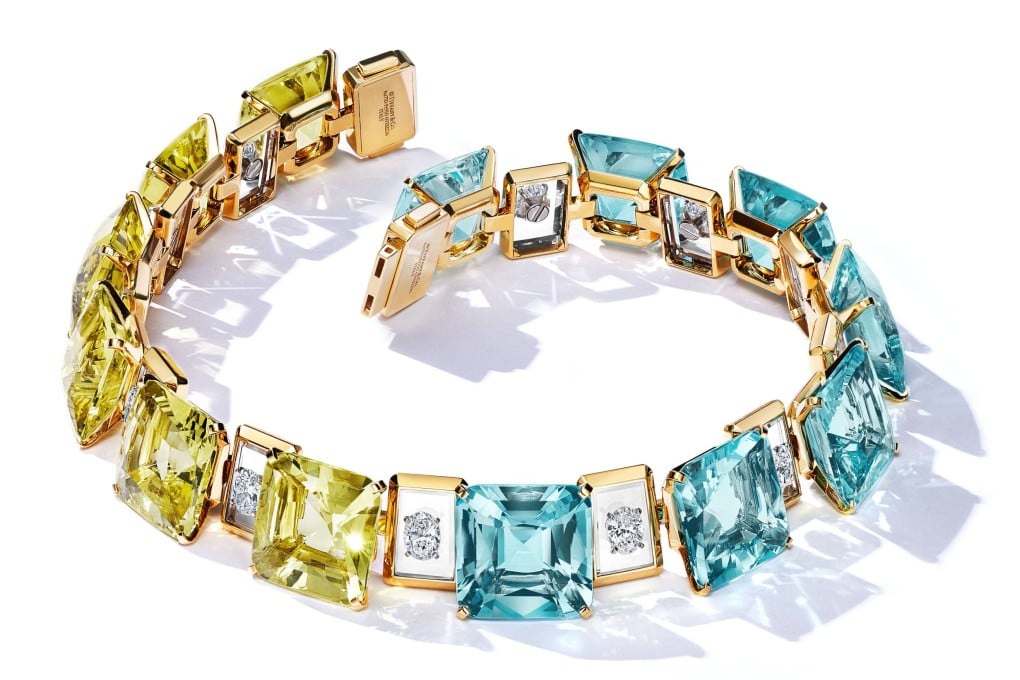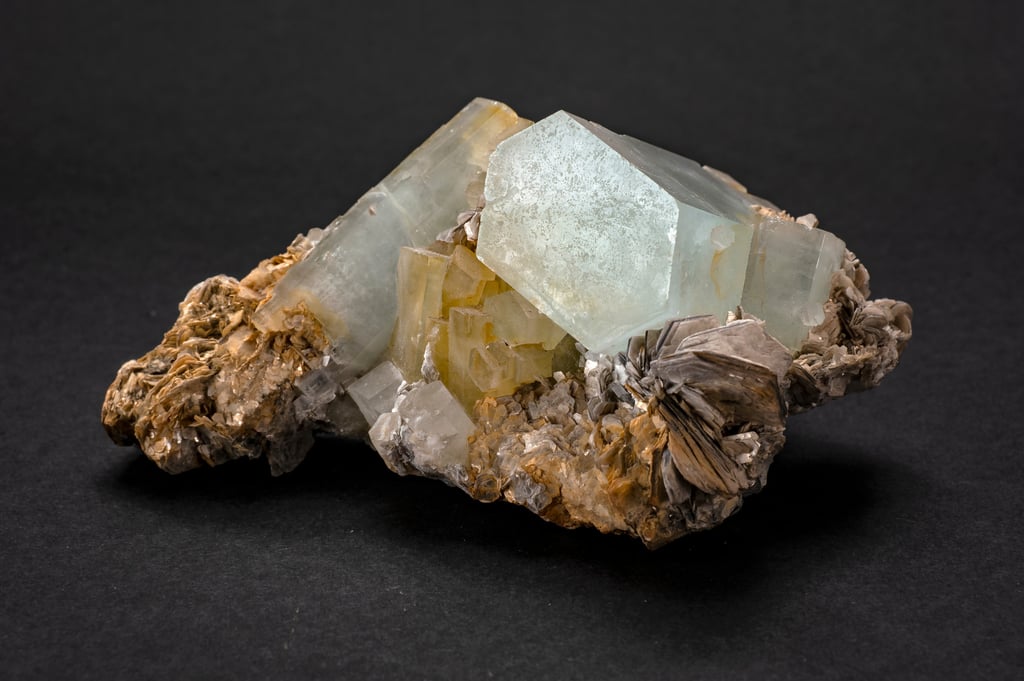When a soldier thought he had struck it rich in Hong Kong with the discovery of deposits of beryl, a mineral ‘as rare as uranium’
- William Harries, an amateur geologist and British soldier, discovered beryl in the New Territories, which he said was ‘as rare as uranium’, in 1955
- A spokesman for the company that held the only prospecting licence for beryl swiftly refuted Harries’ claims, but he vowed to press ahead

Following the discovery of the mineral beryl in Hong Kong in early 1955, “several other ore-bearing veins have been found, and it is estimated that in one area alone in the New Territories the deposits are worth several million dollars”, reported the South China Morning Post on August 2 that year.
The article quoted the Far Eastern Economic Review as saying that “beryl is the main source of beryllium bronzes, an extremely important metal used for a variety of purposes”, such as “the manufacture of fluorescent lamps, neon signs and cyclotrons”.
William Harries, an amateur geologist of the Royal Army Pay Corps, discovered the deposits, and it was reported in the same article that the location had sufficient beryl-bearing pegmatite rock for “serious prospecting in the area”.
Harries credited his find to the geology courses he had taken under Major George Brewer, who had been quoted by the Post on August 31 at a press conference as saying that “beryl is almost as rare as uranium and was priced at US$50,000 a ton”, adding that Harries might make a fortune.

The next day, the Post reported that a spokesman for the Far Eastern Prospecting and Development Corporation, holder of the only prospecting licence for beryl, condemned Brewer’s statement as “containing glaring inaccuracies”, adding “the actual price is in the vicinity of US$400 a ton”, and that “it has yet to be determined whether it would be economically feasible even to exploit such deposits as may exist in the Colony”.
